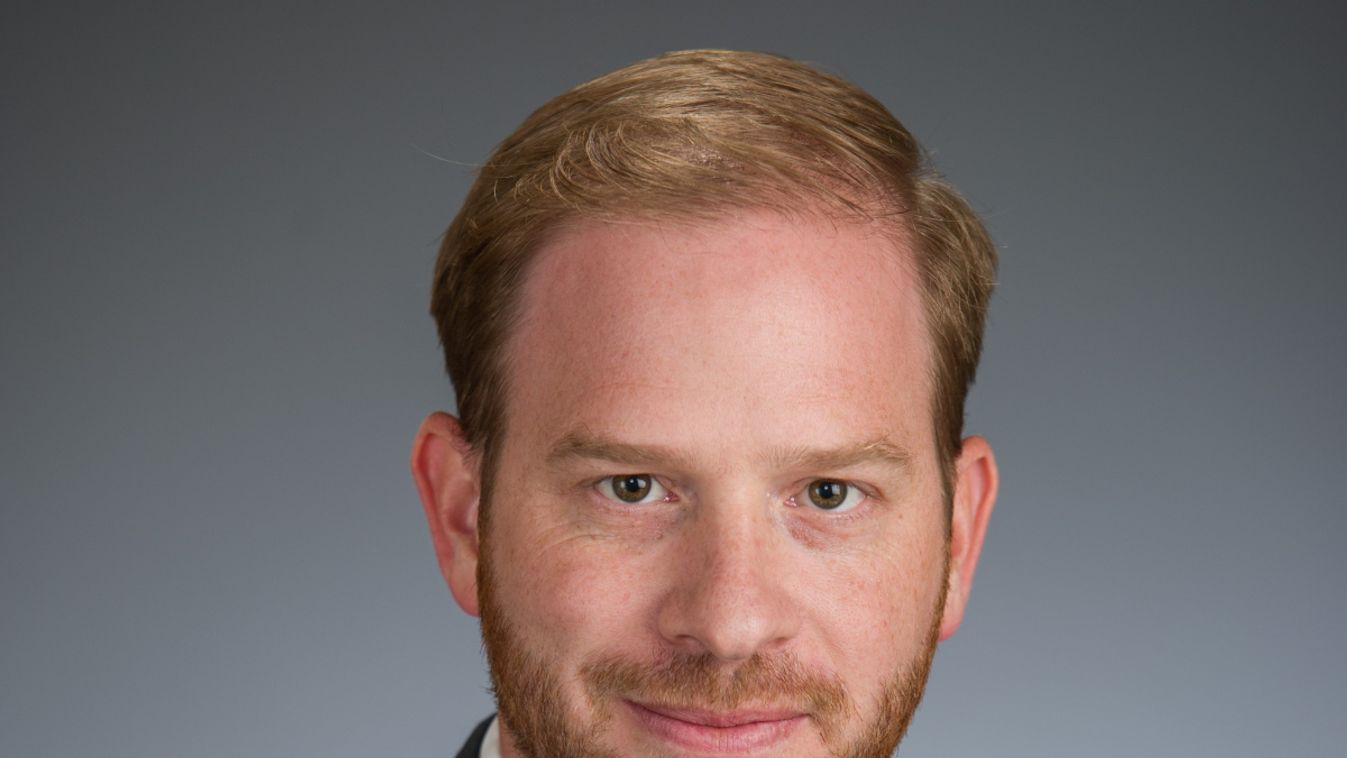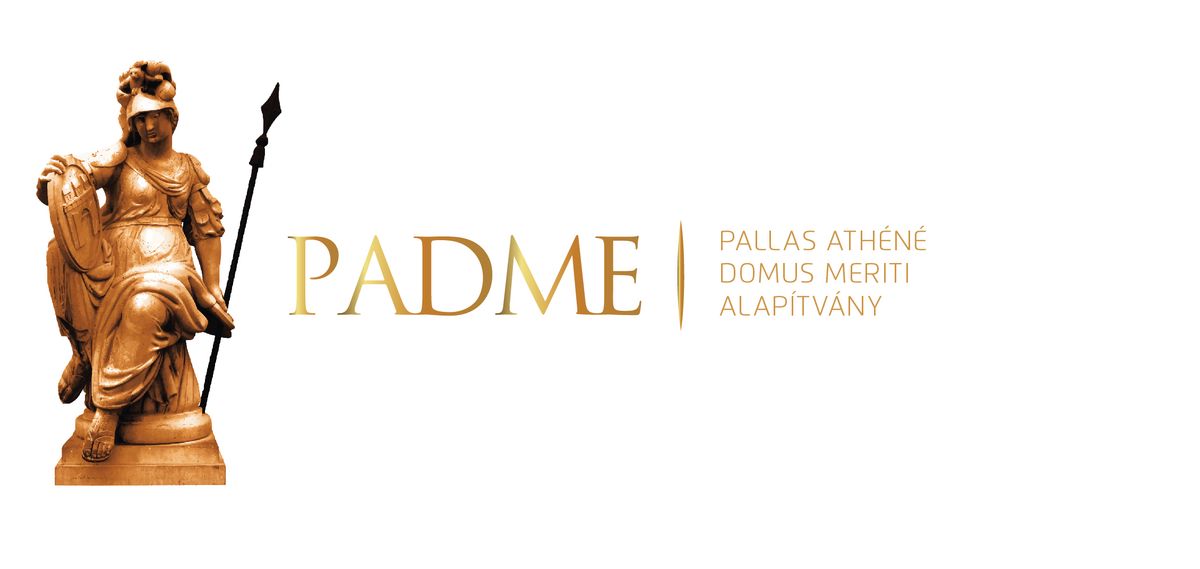Kellemetlen: elhangzott az eddigi legfontosabb mondat Magyar Péter rejtélyes videójáról

Bár a drogos bulibotrány nagyon zavaros, az biztos: Magyar Péter zsarolható – mutatott rá az elemző.

President Trump has run the most conservative administration in the post-World War II period. That older conservatism and Republicanism, which Trump has revived, favored an immigration policy that was more restrictionist and focused on assimilation and the importance of patriotic citizenship; had a more realistic and modest foreign policy; and passed trade policies that first and foremost looked to the health of the middle and working classes rather than merely national GDP or abstractions like “free trade.” – Ryan Williams, President of the Claremont Institute pointed out in a conversation with Lénárd Sándor, researcher of the National University of Public Service.

Ryan WILLIAMS, prior to becoming president in 2017, held positions at the Claremont Institute as Chief Operating Officer, Director of Programs, Director of Special Projects, Assistant Director of Programs, and Research Assistant. He has taught American politics and political philosophy as an adjunct professor at California State University, San Bernardino and Cal Poly Pomona. Mr. Williams holds a B.A. in Political Science and Economics from Hillsdale College and an M.A. in Politics from Claremont Graduate University.

As President of the conservative Claremont Institute could you revoke and tell us what the major driving force was for establishing the Institute?
The Claremont Institute was founded in 1979 by grad students of the great scholar of Abraham Lincoln and the American Founding, Harry V. Jaffa (who was himself a student of the great political philosophy teacher and writer, Leo Strauss). They thought American conservatism and the Republican party knew what it was against (communism abroad and unlimited government at home) but did not have a clear vision of what conservatism should be for. The founders of the Claremont Institute wanted to educate the American people and leaders about how the principles of the Declaration of Independence were the best foundation for American greatness and flourishing.
What structure the Institute has, what are its most important fields of research along with the major avenues to promote its policy views to the public?
We write. Our flagship publication is the Claremont Review of Books (www.claremontreviewofbooks.com), just finishing its 20th year in production. It is much more than a book review, as it features regular essays on politics, culture, and political philosophy. Our fast-growing online publication is The American Mind (www.americanmind.org), which addresses the direction of the “new” Right in America, which has been altered for the good (we think) by Donald Trump’s candidacy and presidency.
We litigate. Our Center for Constitutional Jurisprudence, run by Dr. John C. Eastman, litigates and files briefs in the most important constitutional cases in the federal courts and the Supreme Court.
We educate. We run three fellowship programs in the summer. A three-week Publius Fellowship for early career journalists, policy and media professionals, politically-minded academics, and government officials. An eight-day Lincoln Fellowship for similarly placed professionals as the Publius fellowship, but at mid-career. And an eight-day John Marshall Fellowship for lawyers going to or in between federal clerkships—and who will likely go on to careers in government, teaching positions at law schools, or become judges themselves.
Our newest project is our Center for the American Way of Life in Washington, DC. It will focus on the most threatening ideas of the modern left in America today -- especially identity politics and cosmopolitanism and globalism -- while taking aim at the assets of the left in America today, especially the universities, the media, and Big Tech. The Executive Director of this new center is Arthur Milikh, who has held positions as a staffer in Congress and at the Heritage Foundation.
As you mentioned, the Institute was founded by students of the renowned natural law thinker, Harry V. Jaffa. How does natural law thinking justify or reinforce modern conservativism including the conservative interpretation of human rights?
American conservatism must start with the Founders’ vision of natural rights and natural law set down in the Declaration of Independence. After 40 years of work by the Claremont Institute and some other important institutions, we have made great progress in convincing American conservatives of this, but there is much work left to be done. The natural rights in the Declaration, life, liberty, and the pursuit of happiness, along with many others implied by that document and found in the Constitution—rights to property, religious freedom, to keep and bear arms, etc.—are also “human” rights as we have come to call them in modern times. But these natural rights are to be distinguished from the many additional “human” rights listed in the UN Declaration of Human Rights. While we think healthcare, housing, freedom from poverty, etc. are important goods, we do not think they are “rights” properly understood.
The policies of President Trump and its administration broke with the conception and policy views of earlier conservative Presidents in many respects. Is it fair to say that the Trump presidency revitalized conservativism or does his presidency represent a new way of thinking? A lot of people use the word populism – although he never said that his movement is populist. Can it be justified in the framework of conservativism?
Through policies, judicial appointments, and regulatory reform, President Trump has run the most conservative administration in the post-World War II period. In many ways he represents a return to an older vision of governing from the Republican Party’s past, when it dominated American politics from the 1880s through the 1920s. That older conservatism and Republicanism, which Trump has revived, favored an immigration policy that was more restrictionist and focused on assimilation and the importance of patriotic citizenship; had a more realistic and modest foreign policy; and passed trade policies that first and foremost looked to the health of the middle and working classes (the backbone of any healthy republic) rather than merely national GDP or abstractions like “free trade.”
One of the most influential policies of Donald Trump has been its “judicial politics”. In cooperation with the Senate, he managed to fill up vacancies in the federal judiciary including the Supreme Court with judges, justices who interpret the law with an “originalist” mindset. What could be the long term effects of these nominations in light of the challenges of the separation of powers, both in vertical and horizontal senses in America?
President Trump’s extraordinary success in re-populating the American judiciary with originalists will have longstanding effects. Trump had appointed 53 appeals court judges as of July, many more than any of his recent predecessors in their first term (Jimmy Carter is the only president in competition for more appeals court judges). His three appointments of Supreme Court justices means that the Supreme Court will have a conservative or originalist leaning for many years to come. We should expect to see more protections from the judiciary of religious liberty, as well as a reigning in of the bureaucracy’s ability to make law and the opening up of more space for federalism and state action and a retrenchment of the national government’s powers. But, at the end of the day, the judiciary will not save American government from lawlessness, arbitrariness, and creeping tyranny—that job is up to the American people operating through their elected representatives in Congress and the Presidency.
What are in your view the major legacies of the Trump administration and how did President Trump reshape the Republican Party?
One of Trump’s major legacies is of course firmly putting his (and that of the Federalist Society) stamp on the federal judiciary and especially the Supreme Court. He has also done more to advance peace in the Middle East than all of his past post-Cold-War predecessors combined. If he succeeds in bringing America’s troops home from Afghanistan before Christmas (as he’s promised), he will cement his legacy as a peacemaker and a restorer of a more restrained American foreign policy—in contravention of the desires of the Washington, DC business-as-usual bipartisan consensus in favor of endless foreign policy meddling and preening across the globe.
He has reshaped the Republican party by setting it on a path to continued success in America as a party of the working and middle classes. Trump showed the way to an expanded coalition for the Republican party—socially conservative and economically populist and nationalist. This does not mean that the party elites will learn this lesson and act on it. Republican party leaders have a long history of betraying their base rather than looking after its interests and consolidating and expanding its political vitality. Finally, by running and governing as a disruptor and Washington outsider, Trump has broken the spell of “official” Washington, especially its corrupt and arrogant bureaucratic masters and its media apologists. If America is to be saved and restored, the bureaucracy must be gelded and the media humiliated and discredited. The last four years have been a good start. The people ought to rule their government rather than the other way around, and Trump has awakened 71 million Americans to that fundamental precursor of responsible American republicanism. And thank God for that.
***
A cikk a Pallas Athéné Domeus Educationis Alapítvány támogatásával valósult meg.
